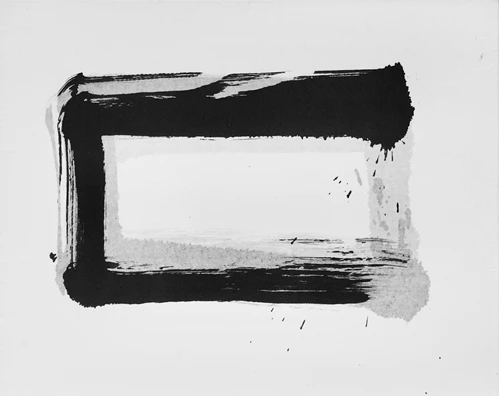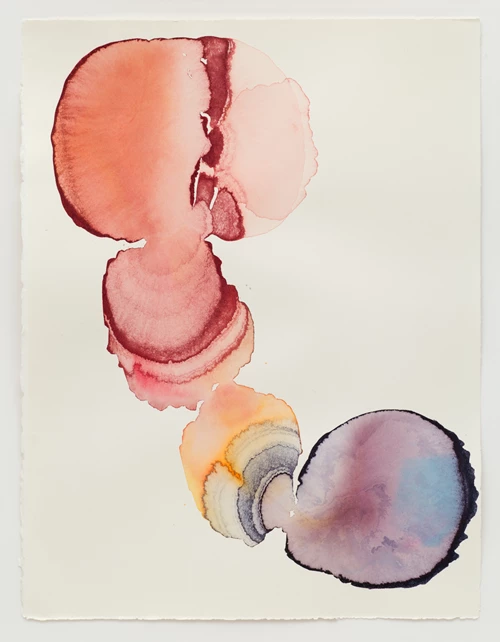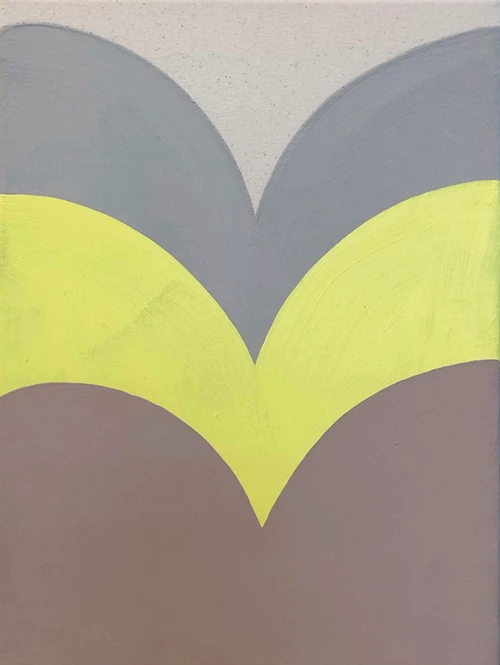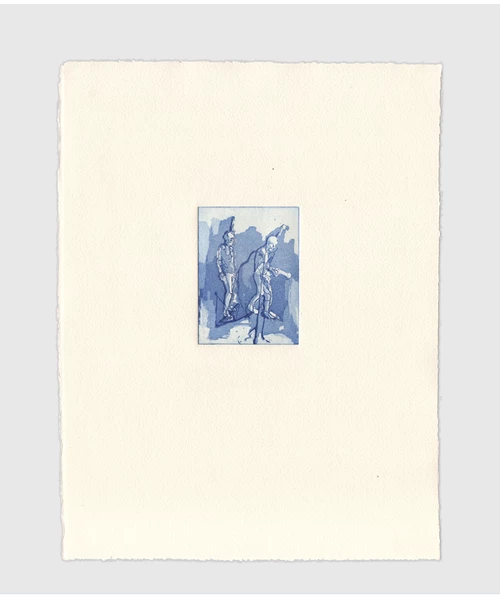Rhythm Adjust
21 MAY 2021 - 11 JUNE 2021Notes
"The Romantic era of the late C18th and early C19th is at the root of my interest in the natural sublime. Visually and conceptually, it was a profound time when the divine was brought down from the heavens and raw nature came to represent this omnipotent presence over the world. The German Romantic painter Caspar David Friedrich (1774-1840) painted a lot of arches - be they windows, or in dilapidated church ruins and graveyards, or found in nature by a divine order of natural symmetry.
The arch is a threshold. It takes my mind into the realms of fantasy as I imagine it is an entrance into another world. At the time I painted Orbit, I was questioning the traditional construction of landscape paintings, and was troubled by the weight of the horizon line; how strongly it implies a landscape, and dictates the composition of a painting. So I removed it to see what would happen. I found that the paintings floated. I floated. I really enjoy what this does for the viewer. I raised the arches into the heavens like stars - alluding to the religious paintings of the Romantic's predecessors. Each one a black hole into another dimension." - Hannah Luxton, 2021
Hannah Luxton makes paintings inspired by the geological sublime and the late 18th Century Romantic notion that a divine order resides within raw nature. The works reach further back in time finding an emotional kinship with the implicit sense of the sublime traceable within prehistoric art.
Animistic currents run through the works, hinting towards a higher spiritual dimension. Animism intimates the attribution of a living soul to inanimate objects and natural phenomena, and belief in a supernatural power that organizes and animates the material universe. As such, Luxton finds her subjects in her explorations of the remote natural world - the sun, the moon, stars, mountain tops, waterfalls, craters and ice caverns - condensing and abstracting each referent into an archetypal version of itself. Often combining the ephemeral qualities of the natural world with the authority of geometry and symmetry, her paintings slow time and elude direct interpretation. Their strong emotive core is yet fragile and fleeting and they speak an elementary, instinctual language rooted in a place of pre-rational understanding.
While the Western world has historically viewed notions of the Void or nothingness as the unknown to be feared for containing the wrath of God, Luxton has an instinctive empathy for opposing Eastern philosophies that embrace this space as freedom beyond the confines of the material world, and seek it out as the purest mental state of existence. Luxton uses bare linen to give substance and significance to supreme ‘nothingness’, dissolving the boundary frequently drawn between ‘the natural world’ that surrounds us on Earth and the ‘natural’ sphere of the cosmos.
Just as much as her imagery, Luxton relies heavily on surface and texture as her means of communication. She uses a variety of weaves and tones of linen, dependent on the nature of the painting, from thick heavy weaves of deep brown fabric, to super fine, pale grey or translucent bleached ivory linen. Luxton’s studio process is one of contemporary use and manipulation of traditional, age-old painting methods and materials, in which she has mastered oil paint to appear in a variety of guises. From shiny globules of intense colour and reflective depths of glaze, to intense matt mounds applied with a palette knife or near impossible thin washes of oil on bare linen that appear like watercolour. She predominantly employs single pigment oil colours, only mixing through glazing, so as to demonstrate a colours’ character and clarity, and often grinds her own semi precious and rare colours such as Malachite and Lapis Lazuli.
Accolades
Hannah Luxton (b. 1986, London) graduated from the Slade School of Fine Art MA (2012) and Kingston University, Fine Art BA (2008).
She is Director of the window gallery, Glass Cloud Gallery, a freelance arts writer for the Quietus and co-curator of the artist collective ‘Shaping the Void’.
She works from her secluded studio within Epping Forest, on the border of North London and Essex, UK. She
Recommended for you
3. Barbara Nicholls
FormicationWork on paper, 38.8 x 48 x 3 cm.
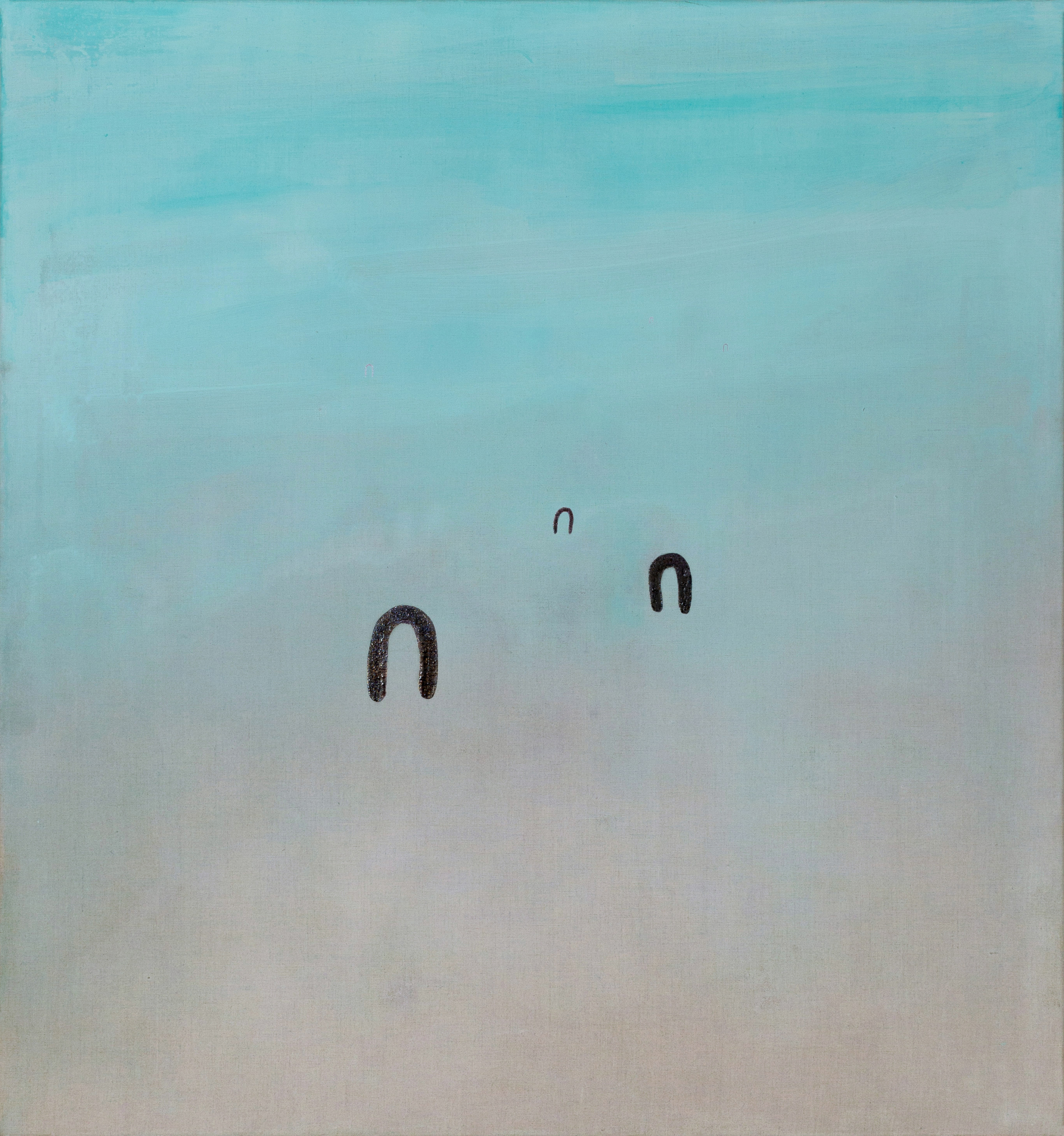
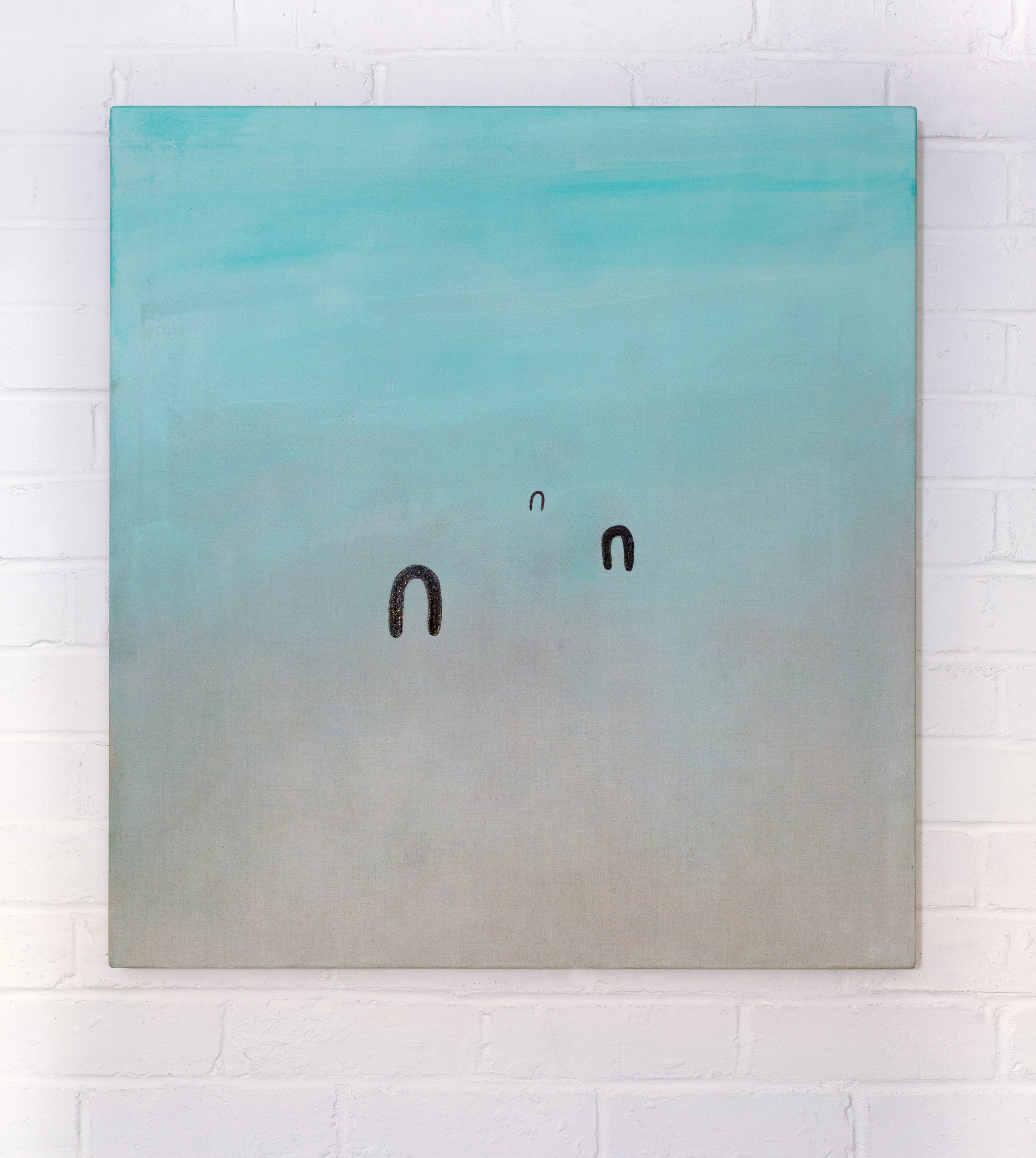
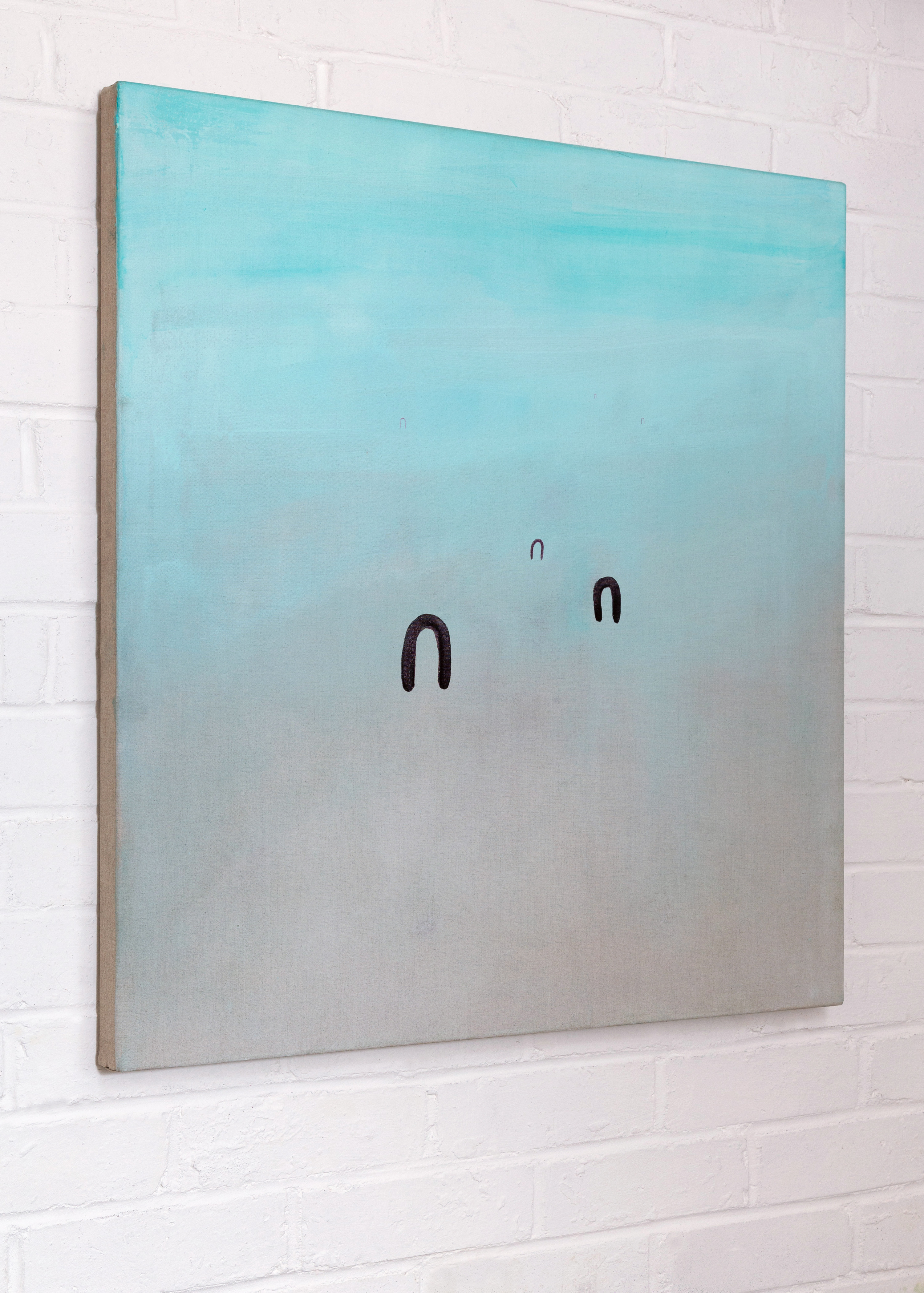
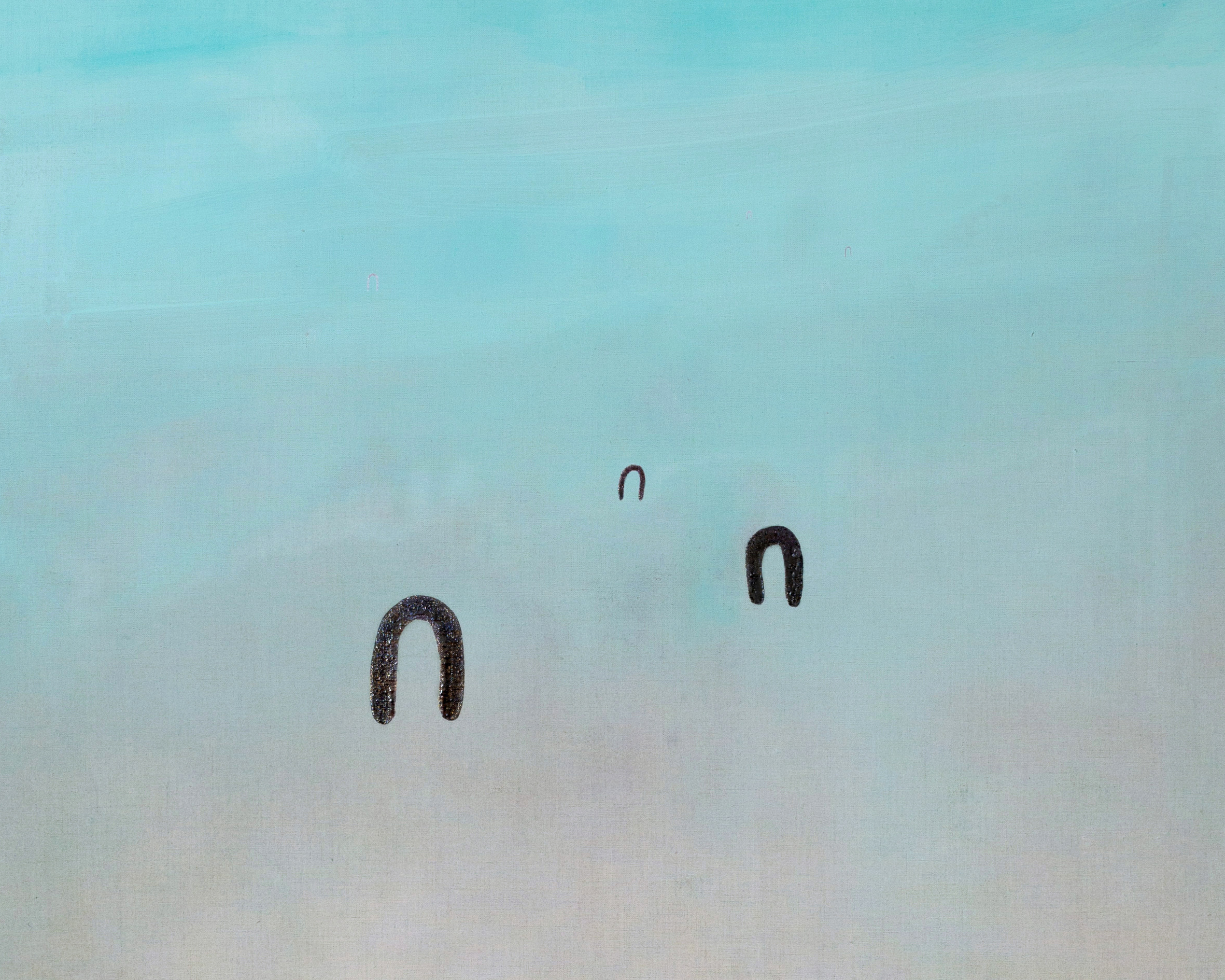
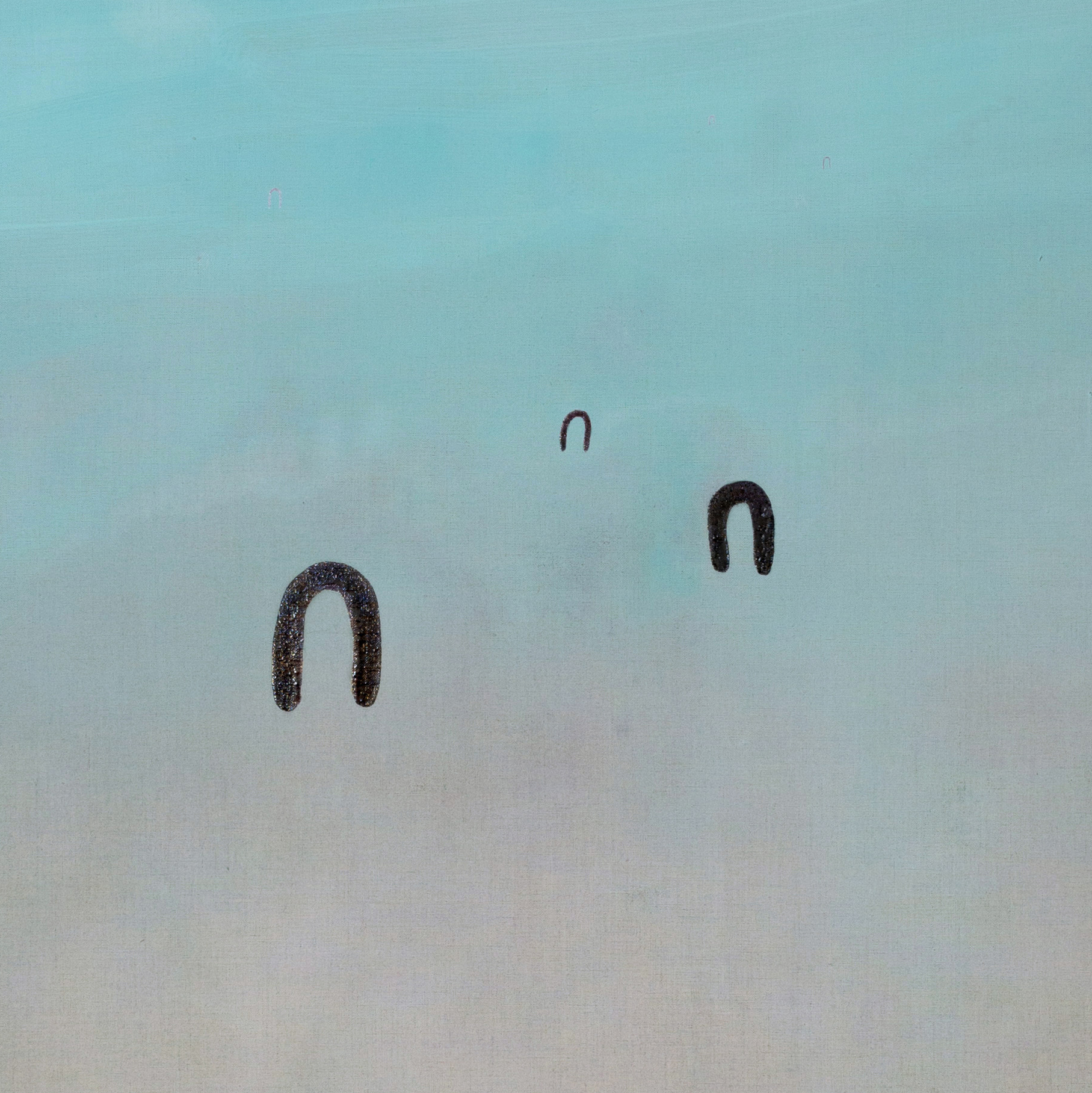
 Add to wishlist
Add to wishlist
